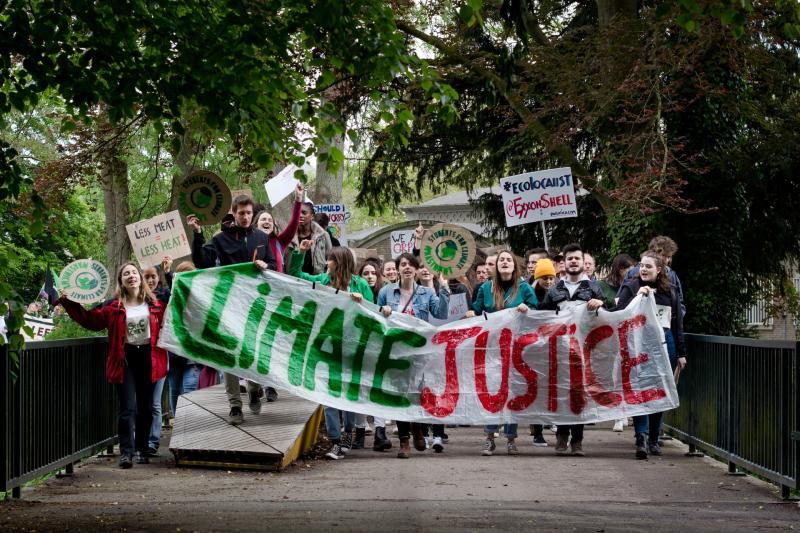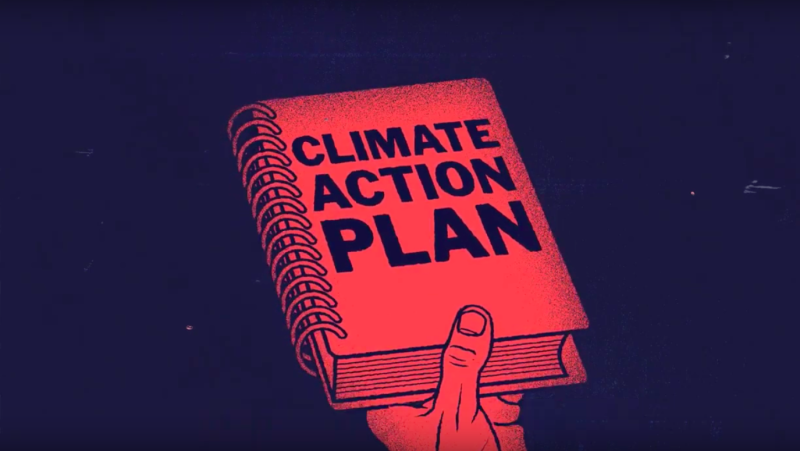Historic choices to exploit natural resources and prioritise fossil fuels have made poorer countries like Haiti and Ethiopia more vulnerable to the impacts of climate-driven disasters like drought and floods.
Similarly, the choices we make in solving the climate crisis will impact vulnerable and marginalised communities, for better or worse.
Climate solutions must therefore address issues of equality and justice.
But how much do we really understand about climate justice? And why is it a "green" issue?
COP meetings and climate justice
Every year our government joins others at a COP meeting, the UN climate talks. The next one will be COP 28 in 2023, hosted in Dubai in the United Arab Emirates. Each one is an opportunity to embed justice into our work, ensuring a fair, equitable and rapid transition away from fossil fuels. Specifically, this means:
- Holding the government to account when it claims to be leading the way on emissions reductions without taking into account its historical contribution.
- Making sure that solutions to the climate crisis do not amplify existing injustices, but benefit the hardest hit first.
- Providing international finance to support other countries emissions reductions and adaptation to climate impacts.
- Supporting a just transition away from coal, oil and gas so that workers who depend on dirty industries aren’t left unemployed.
- And crucially, actively listening to voices of people from the Global South, Indigenous people and frontline communities, and amplifying their voices.
Use the run-up to the talks to raise awareness about climate justice in your community. Explore the resources below and share the content with followers on your social media platforms to get the conversation started.

Work with councils
We’re calling on local councils to embed climate justice in their climate action plans. In the UK, people in neighbourhoods particularly vulnerable to extreme weather such as heat or flooding are generally the least responsible and least equipped to respond (due to factors like income, health, age and mobility).
Climate justice means working with councils to ensure they’re protecting these people as much as possible, while ensuring they can heat their homes, travel and have a good quality of life.


